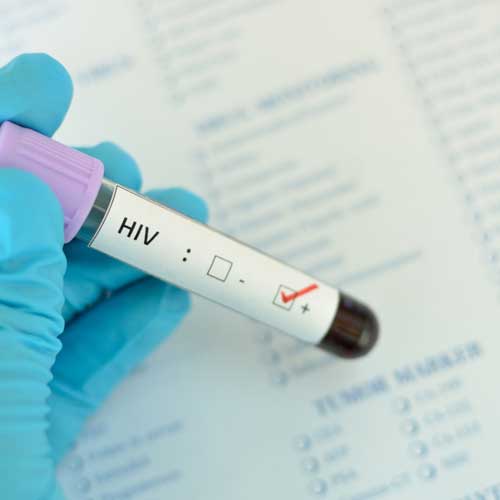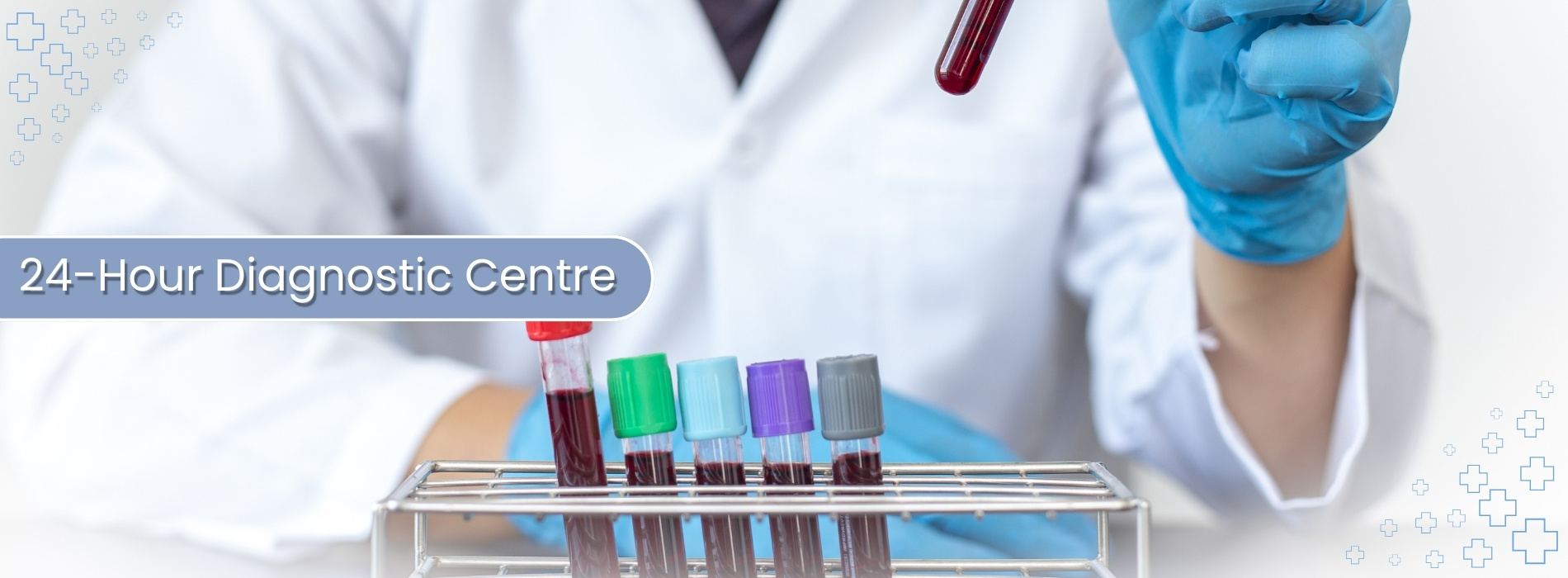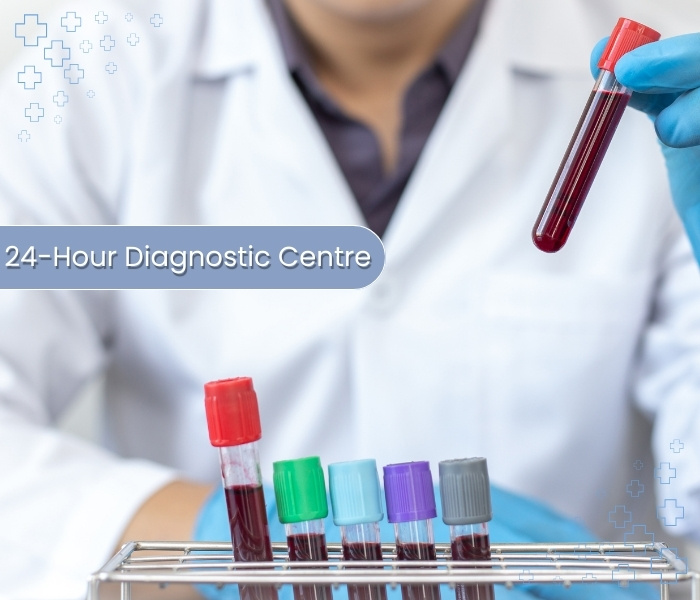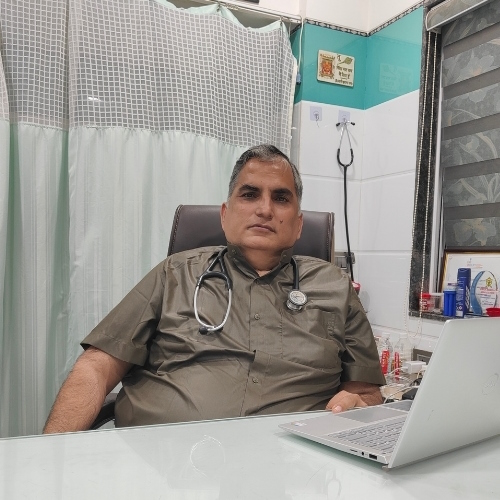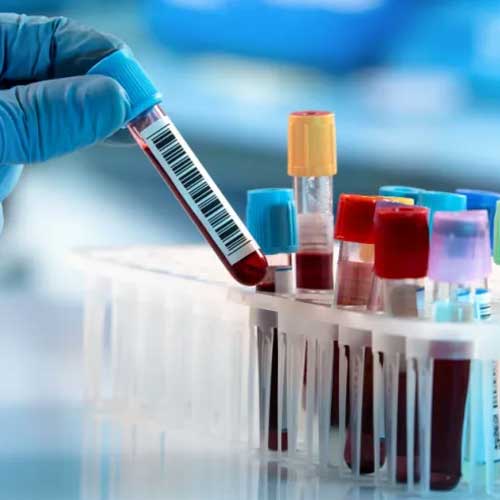
Our 24-Hour Diagnostic Centre is equipped with cutting-edge technology and expert radiologists & pathologists to provide accurate and timely medical diagnostics around the clock. We ensure quick reports, precise diagnosis, and 24/7 availability for emergency and routine testing.
- Cardiac Diagnostics – ECG, 2D Echo, TMT (Stress Test), and Holter Monitoring for heart health assessment.
- Endoscopy & Colonoscopy – Gastrointestinal screening for digestive disorders.
- Pulmonary Function Tests (PFT) – Lung function evaluation for respiratory conditions.
- Diabetes & Thyroid Screening – Specialized tests for blood sugar levels, HbA1c, and thyroid hormones.
- Cancer Screening – Early detection tests for breast, cervical, prostate, and other cancers.
- Microbiology & Infectious Disease Testing – COVID-19, TB, HIV, and other infectious disease screening
Accurate, reliable, and round-the-clock diagnostic services for your health needs.
Cardiac Diagnostics
ECG, 2D Echo, TMT (Stress Test), and Holter Monitoring for heart health assessment.
Introduction to Cardiac Diagnostics
Cardiac diagnostics play a crucial role in assessing heart health and detecting cardiovascular conditions early. These tests help identify irregularities in heart rhythm, structure, and function. By using advanced diagnostic tools, doctors can create accurate treatment plans and prevent serious complications.
Electrocardiogram (ECG)
An ECG is a quick, non-invasive test that records the electrical activity of the heart. It helps detect arrhythmias, heart attacks, and other abnormalities. Often used in routine checkups, ECGs are essential for evaluating patients with chest pain, palpitations, or fainting episodes.
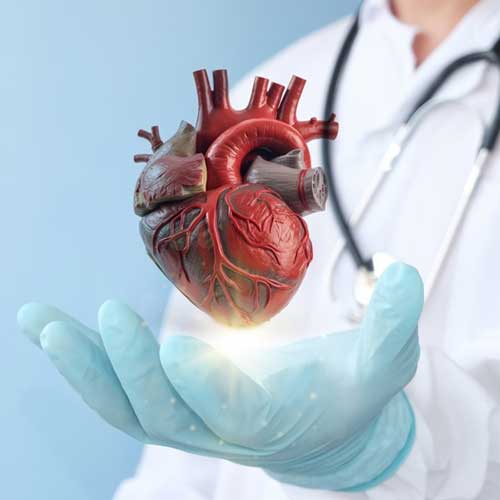
2D Echo and TMT (Stress Test)
2D Echocardiography uses ultrasound to visualize heart chambers, valves, and blood flow. It’s helpful in diagnosing structural heart diseases and measuring heart function. The TMT, or treadmill stress test, assesses how the heart performs under physical stress, revealing problems not visible at rest.
Holter Monitoring
Holter monitoring involves wearing a portable ECG device for 24 to 48 hours to record continuous heart activity. It’s ideal for detecting intermittent arrhythmias or unexplained symptoms like dizziness or shortness of breath. This test provides a detailed picture of the heart’s function during daily activities.
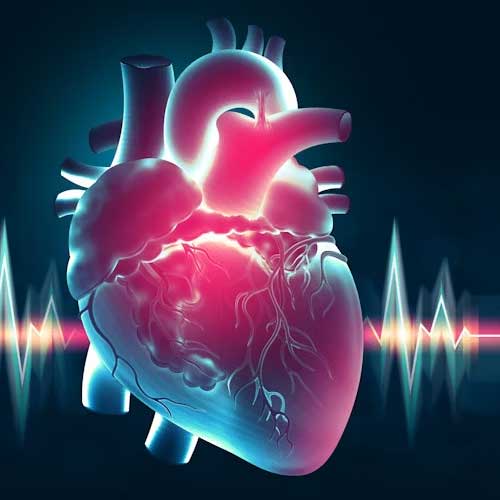
Endoscopy & Colonoscopy
Gastrointestinal screening for digestive disorders.
Introduction to Endoscopy & Colonoscopy
Endoscopy and colonoscopy are essential procedures used to examine the digestive tract and identify gastrointestinal issues. These minimally invasive techniques allow doctors to view internal organs clearly and diagnose conditions early. They play a key role in detecting inflammation, ulcers, polyps, and cancers.
Endoscopy for Upper GI Tract
An upper GI endoscopy involves inserting a thin, flexible tube with a camera through the mouth to view the esophagus, stomach, and upper small intestine. It helps diagnose acid reflux, ulcers, gastritis, and tumors. The procedure is quick, safe, and often performed under mild sedation.
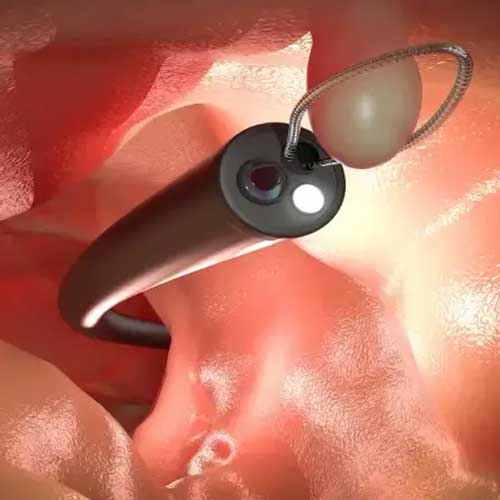
Colonoscopy for Lower GI Tract
A colonoscopy examines the colon and rectum using a camera-tipped tube inserted through the anus. It’s crucial for detecting colorectal cancer, polyps, and inflammatory bowel disease (IBD). Polyps can often be removed during the procedure, preventing them from turning cancerous.
Importance of GI Screening
Regular GI screenings with endoscopy and colonoscopy are recommended for individuals with symptoms like abdominal pain, bleeding, or chronic digestive issues. They’re also advised for those over 45 or with a family history of GI cancers. Early detection leads to better outcomes and effective treatment.
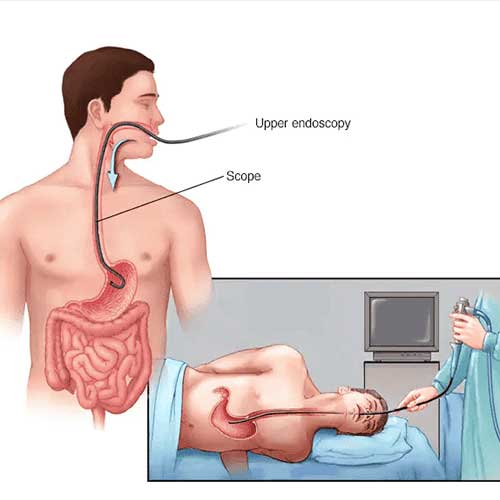
Pulmonary Function Tests (PFT)
Lung function evaluation for respiratory conditions.
Introduction to Pulmonary Function Tests (PFT)
Pulmonary Function Tests (PFT) are a group of non-invasive tests that assess how well the lungs are working. They measure lung volume, capacity, flow rates, and gas exchange to help diagnose and monitor various respiratory conditions. These tests are essential tools in the management of lung diseases.
Diagnosis of Respiratory Disorders
PFTs are commonly used to diagnose conditions like asthma, chronic obstructive pulmonary disease (COPD), and interstitial lung disease. By evaluating how much air a patient can inhale and exhale, and how efficiently oxygen is transferred into the blood, doctors can identify abnormalities in lung function early.
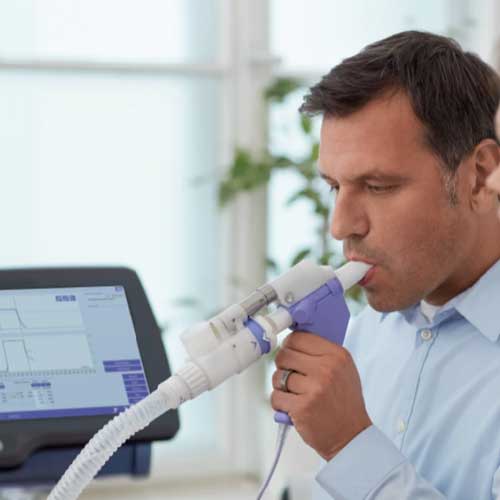
Monitoring Disease Progression
For patients already diagnosed with chronic respiratory illnesses, PFTs help monitor the progression of disease and the effectiveness of treatment. Regular testing allows for timely adjustments in medications or therapies, ensuring better control of symptoms and improved quality of life.
Pre-Surgical and Occupational Use
PFTs are also performed before major surgeries to assess lung readiness and in occupational health screenings for individuals exposed to dust, chemicals, or pollutants. These tests provide vital information that supports preventive care and safe medical planning.
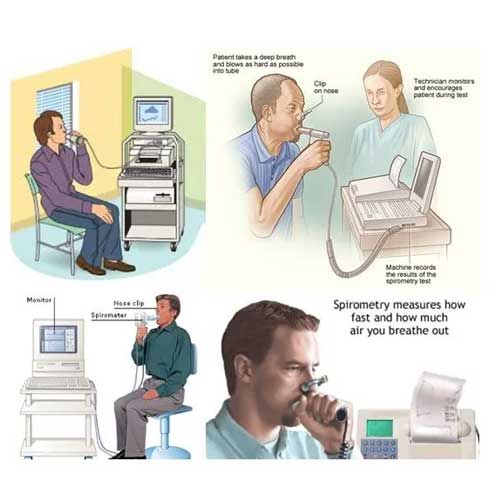
Diabetes & Thyroid Screening
Specialized tests for blood sugar levels, HbA1c, and thyroid hormones
Introduction to Diabetes & Thyroid Screening
Diabetes and thyroid disorders are common endocrine conditions that can significantly affect overall health if left untreated. Early detection through specialized screening is essential for timely intervention. These tests help diagnose imbalances and guide personalized treatment plans for long-term well-being.
Diabetes Screening Tests
Diabetes screening includes fasting blood sugar, postprandial (after meal) sugar, and HbA1c tests. HbA1c gives an average blood sugar level over the past 2–3 months, offering a clear picture of glucose control. Early diagnosis allows patients to manage diabetes through diet, exercise, and medication.
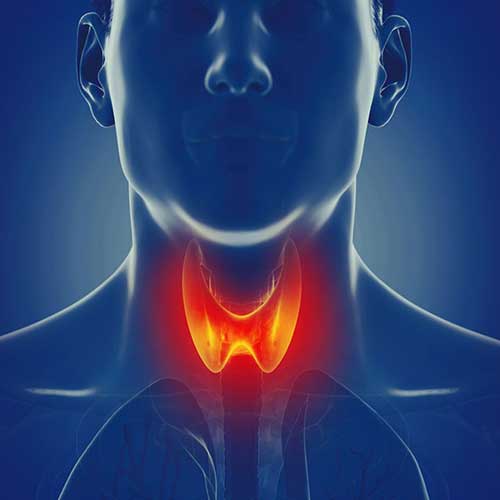
Thyroid Function Tests
Thyroid screening measures levels of TSH (Thyroid Stimulating Hormone), T3, and T4. These hormones regulate metabolism, energy, and many bodily functions. Imbalances may indicate hypothyroidism or hyperthyroidism, which can cause fatigue, weight changes, or mood disturbances.
Importance of Regular Screening
Regular diabetes and thyroid tests are especially important for individuals with a family history or symptoms like fatigue, weight gain, or frequent urination. Early diagnosis and consistent monitoring help prevent complications and ensure effective, ongoing care.
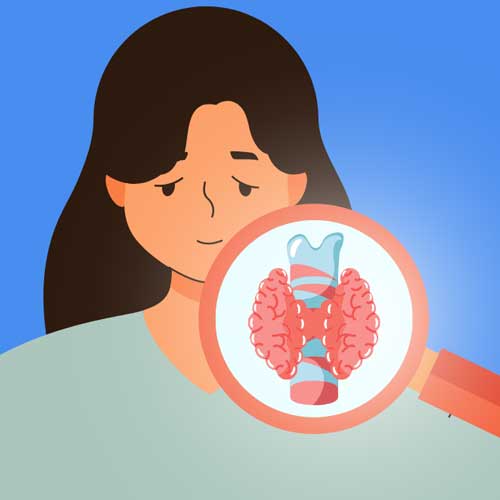
Cancer Screening
Early detection tests for breast, cervical, prostate, and other cancers
Introduction to Cancer Screening
Cancer screening involves tests designed to detect cancer at an early stage, often before symptoms appear. Early detection significantly increases the chances of successful treatment and improves survival rates. Screening is a key part of preventive healthcare, especially for high-risk individuals.
Breast and Cervical Cancer Screening
For women, mammograms are used to screen for breast cancer, while Pap smears and HPV testing help detect cervical cancer. These tests can find changes in tissue before they turn into cancer, allowing for timely intervention and reducing cancer-related mortality.
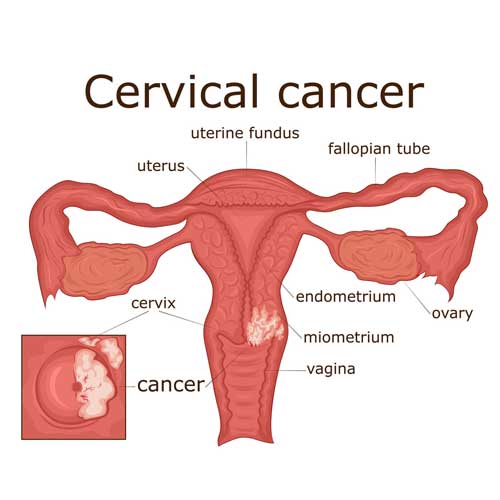
Prostate and Colorectal Cancer Screening
Men are advised to undergo prostate-specific antigen (PSA) tests to screen for prostate cancer, especially after age 50. Colonoscopy and fecal occult blood tests are recommended for both men and women to detect colorectal cancer early, even before symptoms begin.
Importance of Routine Screening
Regular cancer screenings can catch abnormalities early, often when treatment is most effective and less invasive. Individuals with a family history or risk factors should follow screening guidelines strictly. Preventive screenings are a powerful tool in the fight against cancer.

Microbiology & Infectious Disease Testing
COVID-19, TB, HIV, and other infectious disease screening
Introduction to Microbiology & Infectious Disease Testing
Microbiology and infectious disease testing are vital in diagnosing and managing infections caused by bacteria, viruses, fungi, and parasites. These tests help detect diseases like COVID-19, tuberculosis (TB), HIV, and other contagious conditions, guiding appropriate treatment and preventing the spread of infections.
COVID-19 Testing
COVID-19 testing includes PCR tests for active infection and antigen tests for quick results. These tests help identify individuals who are infected, even if they are asymptomatic, allowing for timely quarantine and treatment to control the spread of the virus. Regular testing is essential in managing outbreaks and ensuring public health safety.
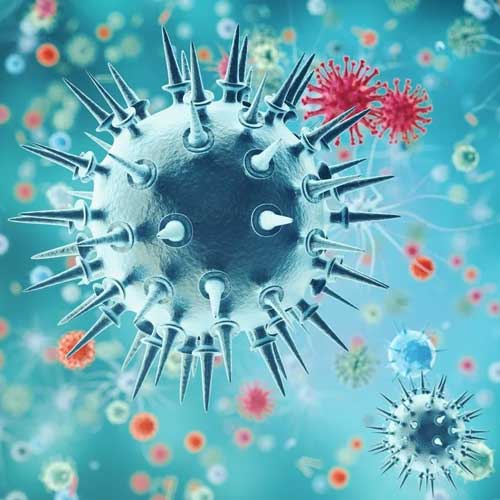
Tuberculosis (TB) and HIV Screening
TB testing often involves a skin test (TST) or chest X-ray to detect active tuberculosis. HIV screening is performed using blood tests to identify HIV antibodies or viral load. Early detection of both TB and HIV is critical for initiating treatment, preventing complications, and reducing transmission to others.
Other Infectious Disease Testing
The testing also covers a wide range of infectious diseases, including hepatitis, sexually transmitted infections (STIs), malaria, and influenza. Microbial cultures, blood tests, and rapid diagnostic tests (RDTs) are commonly used to detect these conditions. Early diagnosis ensures proper treatment and helps limit the spread of infections.
